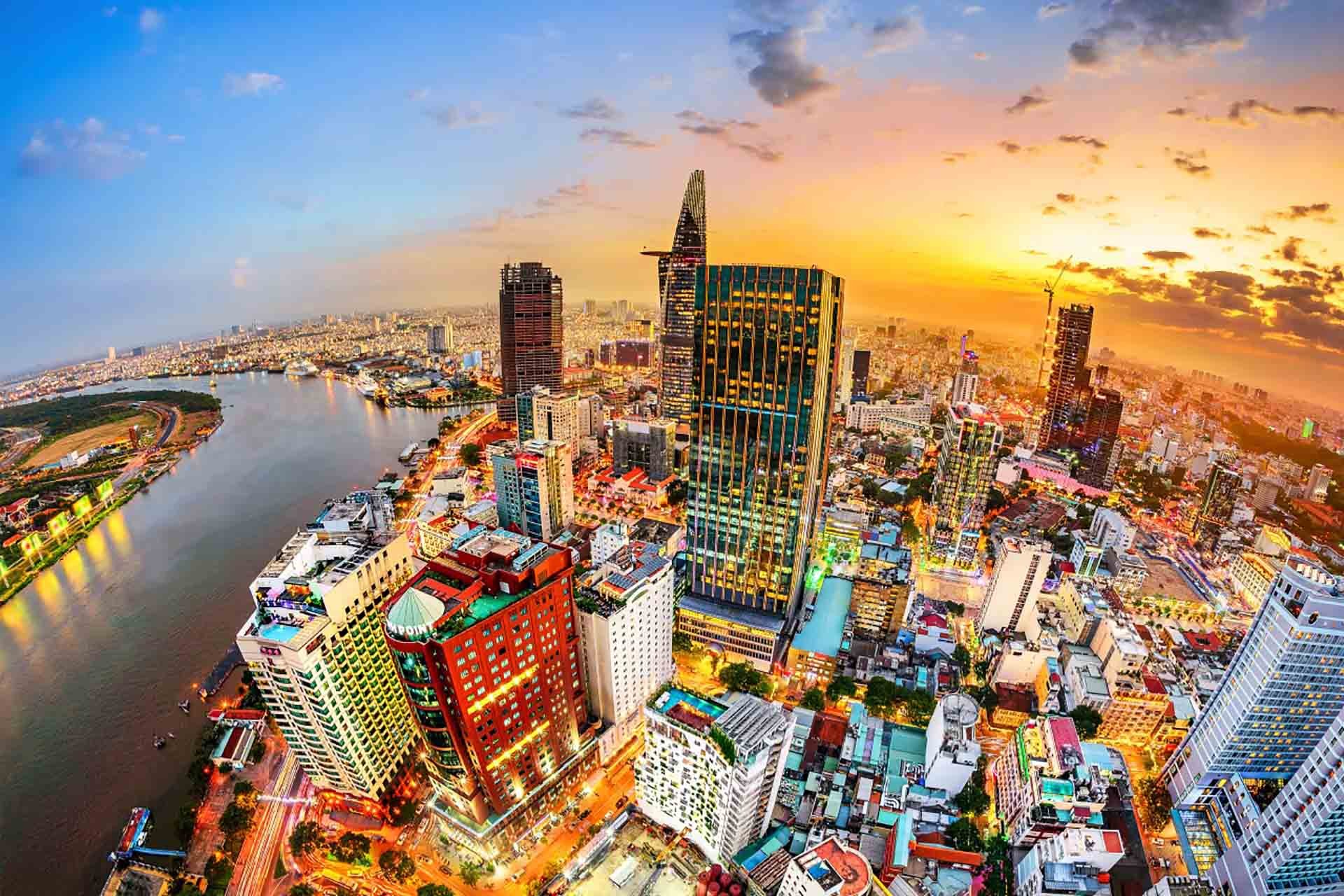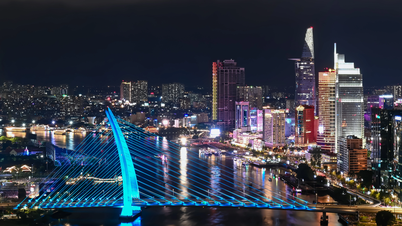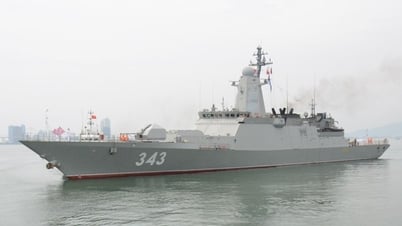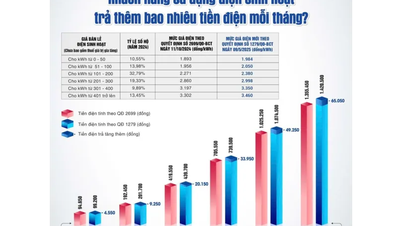Southeast Asia likely to surpass China's GDP and FDI growth rates in the next decade
 |
| The report “Riding the Wind: Southeast Asia Outlook 2024-2034” forecasts GDP growth in Vietnam at over 6%. (Source: Getty Images) |
According to the report “Survival of the Wind: Southeast Asia Outlook 2024-2034” recently released by DBS Bank (Singapore), the Southeast Asian economy is expected to grow at an average annual rate of 5.1% in terms of Gross Domestic Product (GDP), with Vietnam and the Philippines leading the region’s growth with growth rates of over 6% each. Indonesia will follow closely behind with a growth rate of 5.7%.
The report said that the Thai economy is forecast to grow by an average of 2.8% per year over the next decade. Positive drivers in Thailand include a recovery in tourism, its status as a key regional auto hub with well-connected infrastructure, and the fact that the country’s leading conglomerates such as Charoen Pokphand, Central Group, PTT, Siam Cement and Thai Union are more regional than their Southeast Asian counterparts.
However, negative factors remain, including an uncertain political landscape, concerns about consolidation in key sectors including retail and telecommunications, and demographic challenges.
A report released by global management consulting firm Bain & Co. (USA), DBS Bank and Angsana Council, a policy consulting organization in Singapore, said that Southeast Asia is likely to surpass China's GDP growth rate and foreign direct investment (FDI) in the next decade.
Last year, FDI into the six ASEAN economies - Indonesia, Malaysia, the Philippines, Singapore, Thailand and Vietnam - amounted to $206 billion, while China recorded $43 billion.
The report recommends that ASEAN-6 in the future should focus on emerging growth sectors, proactively leverage technology, develop financial markets, accelerate green transition and promote collective growth.
Southeast Asian economies also need to address economic and business fundamentals by increasing investment in human capital (education, vocational training, worker health) and good governance.
The growing protectionist and inward-looking trend of the global economy is unlikely to change in the near term, said Taimur Baig, managing director and chief economist at DBS Bank.
However, he noted, most economies and businesses in Southeast Asia are well-positioned to seek opportunities as capital reallocations across geographies and sectors, while also coping with technological disruption and climate change.
Source: https://baoquocte.vn/viet-nam-va-philippines-se-dan-dat-tang-truong-kinh-te-dong-nam-a-281276.html



![[Photo] General Secretary To Lam arrives in Minsk, begins state visit to Belarus](https://vphoto.vietnam.vn/thumb/1200x675/vietnam/resource/IMAGE/2025/5/11/76602f587468437f8b5b7104495f444d)


![[Photo] General Secretary To Lam concludes visit to Russia, departs for Belarus](https://vphoto.vietnam.vn/thumb/1200x675/vietnam/resource/IMAGE/2025/5/11/0acf1081a95e4b1d9886c67fdafd95ed)
![[Photo] General Secretary To Lam meets and expresses gratitude to Vietnam's Belarusian friends](https://vphoto.vietnam.vn/thumb/1200x675/vietnam/resource/IMAGE/2025/5/11/c515ee2054c54a87aa8a7cb520f2fa6e)



























![[Photo] National Assembly Chairman Tran Thanh Man attends the Party Congress of the Committee for Culture and Social Affairs](https://vphoto.vietnam.vn/thumb/1200x675/vietnam/resource/IMAGE/2025/5/11/f5ed02beb9404bca998a08b34ef255a6)



























































Comment (0)